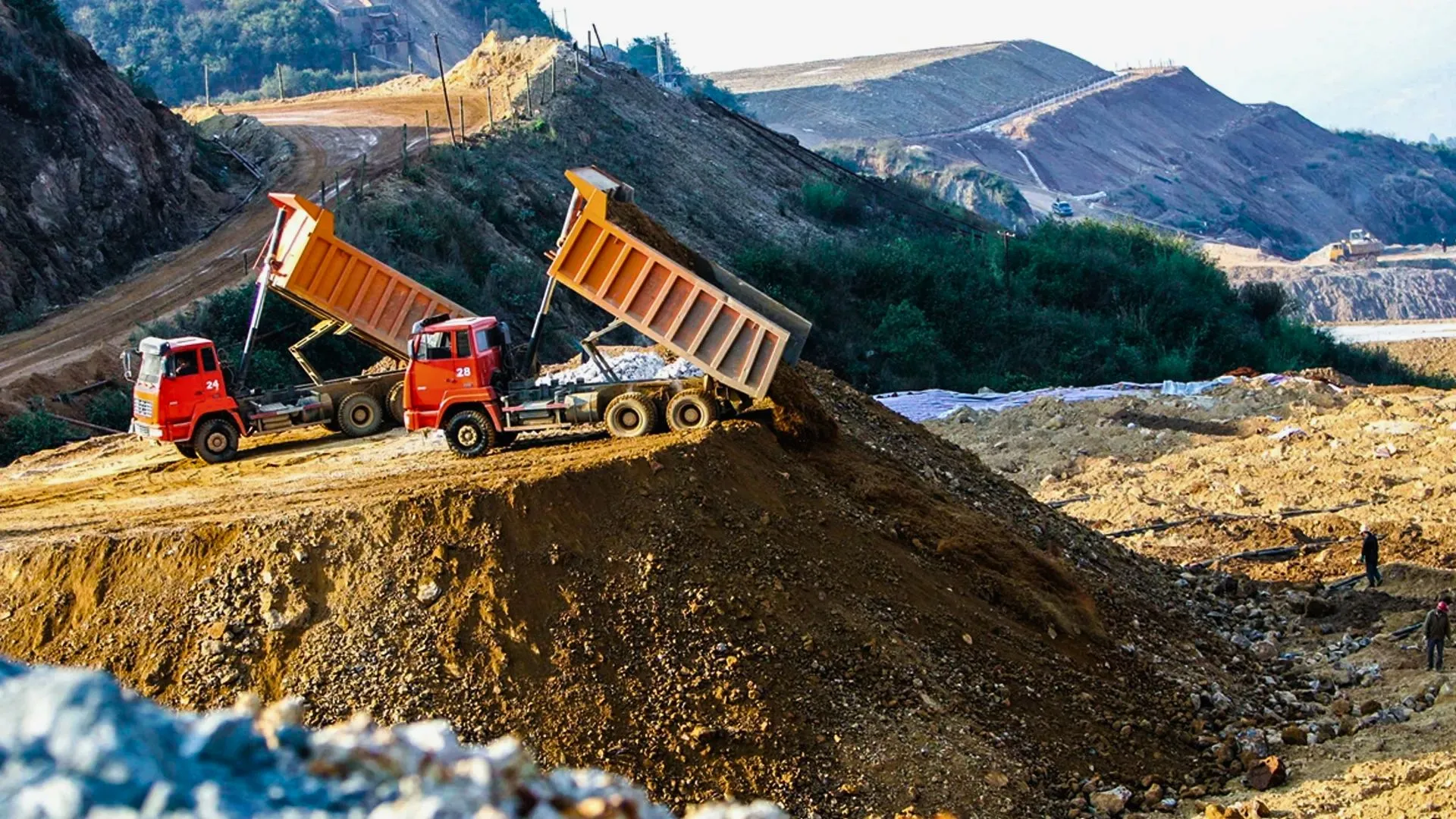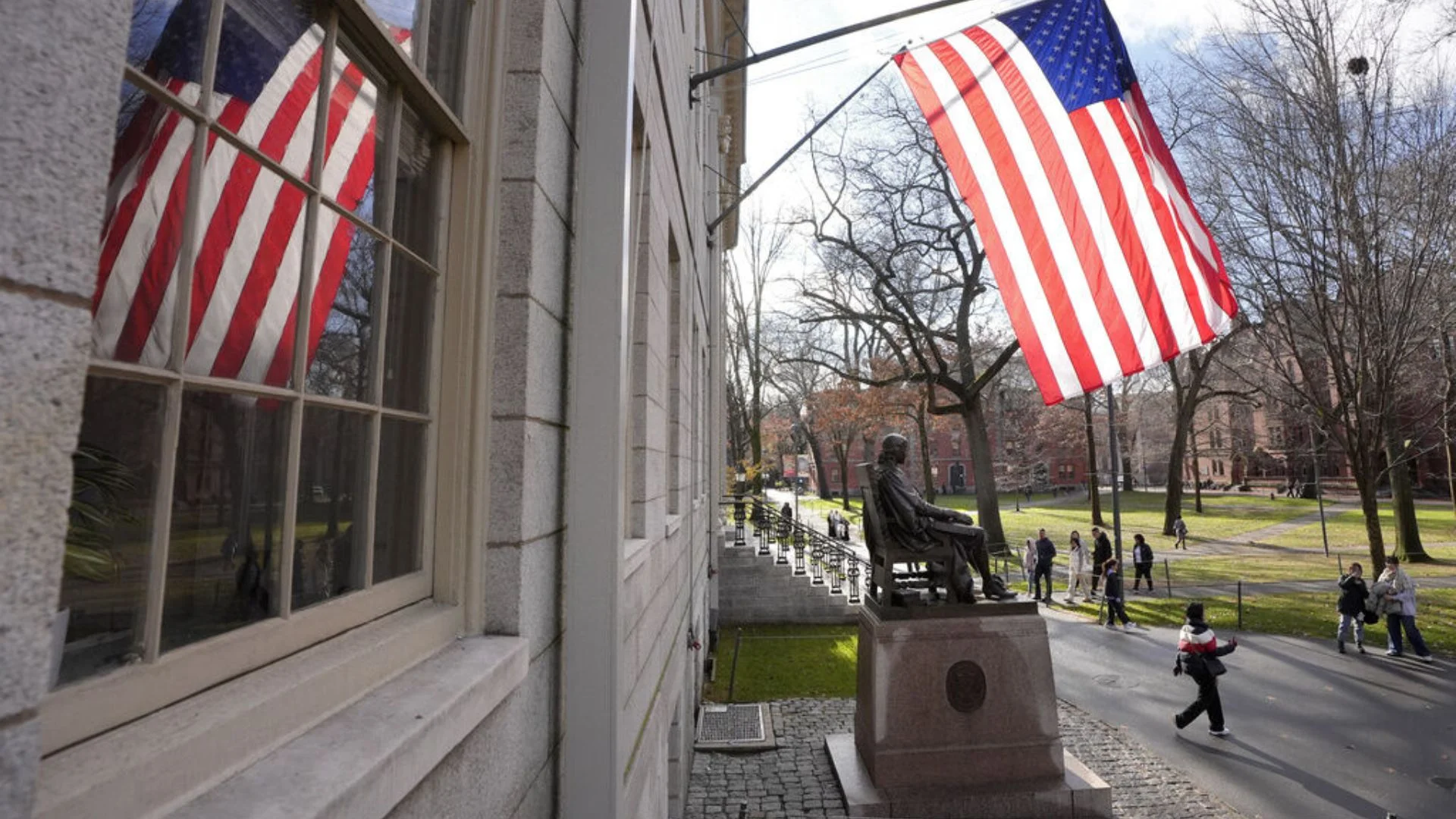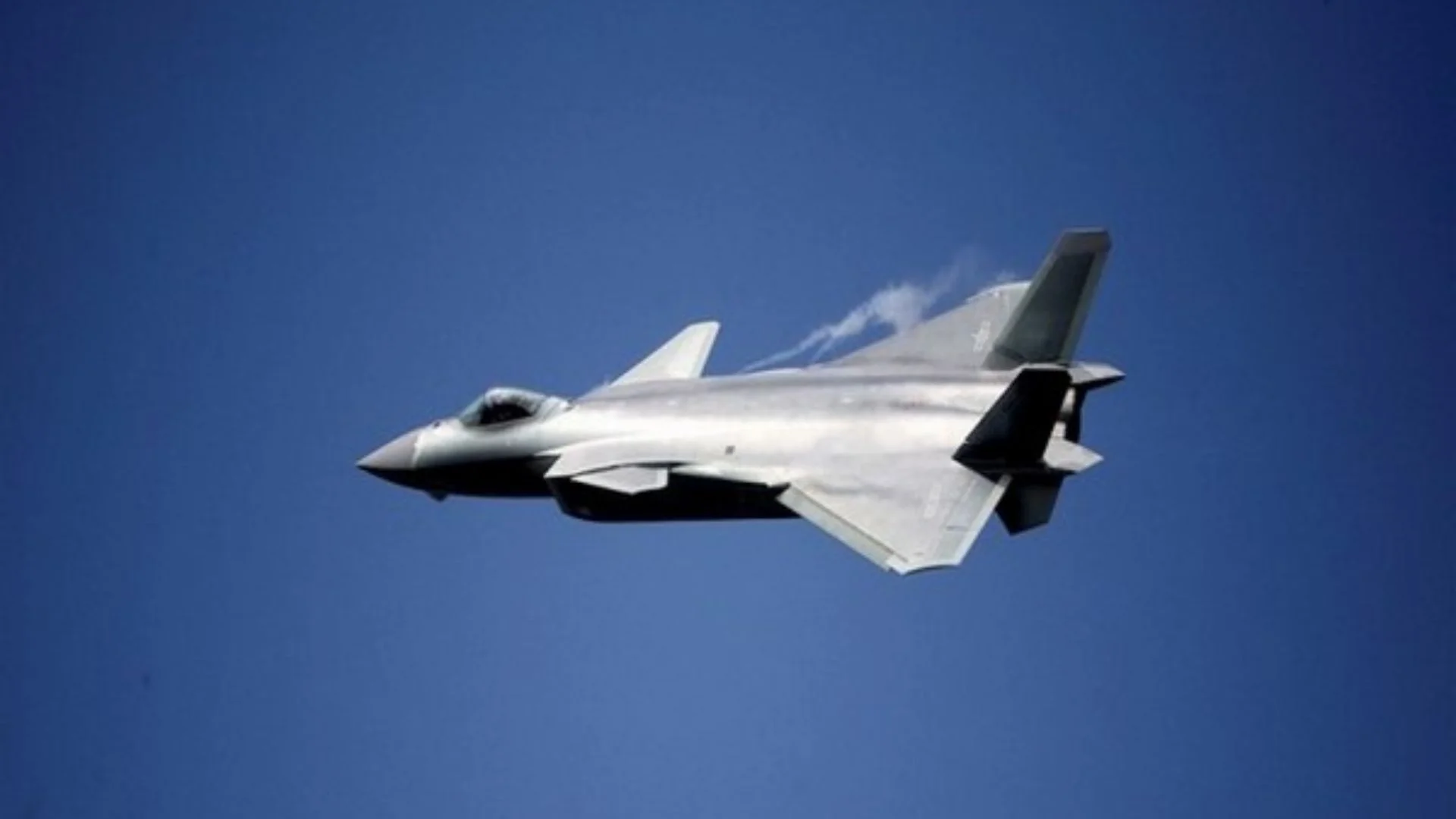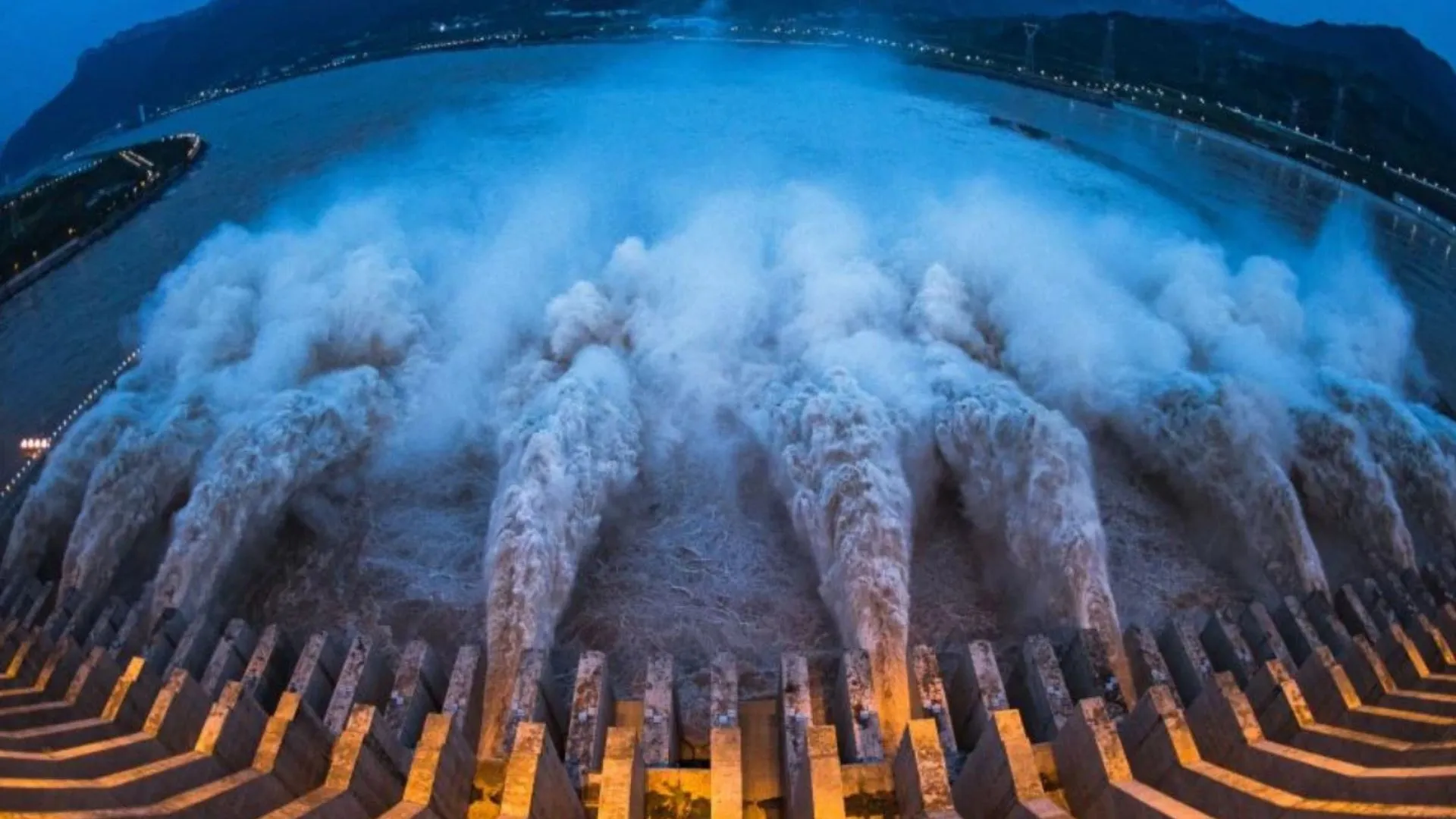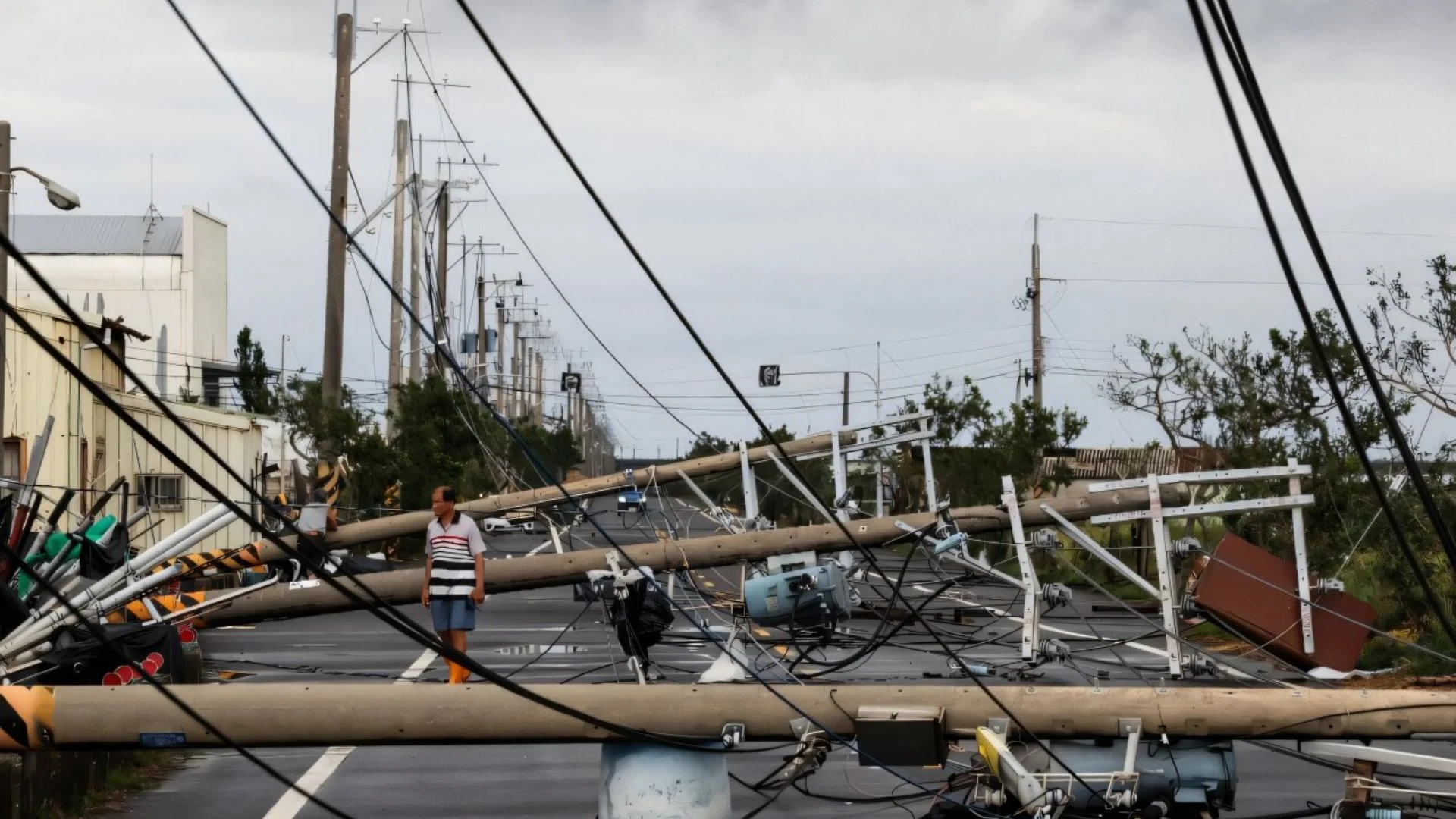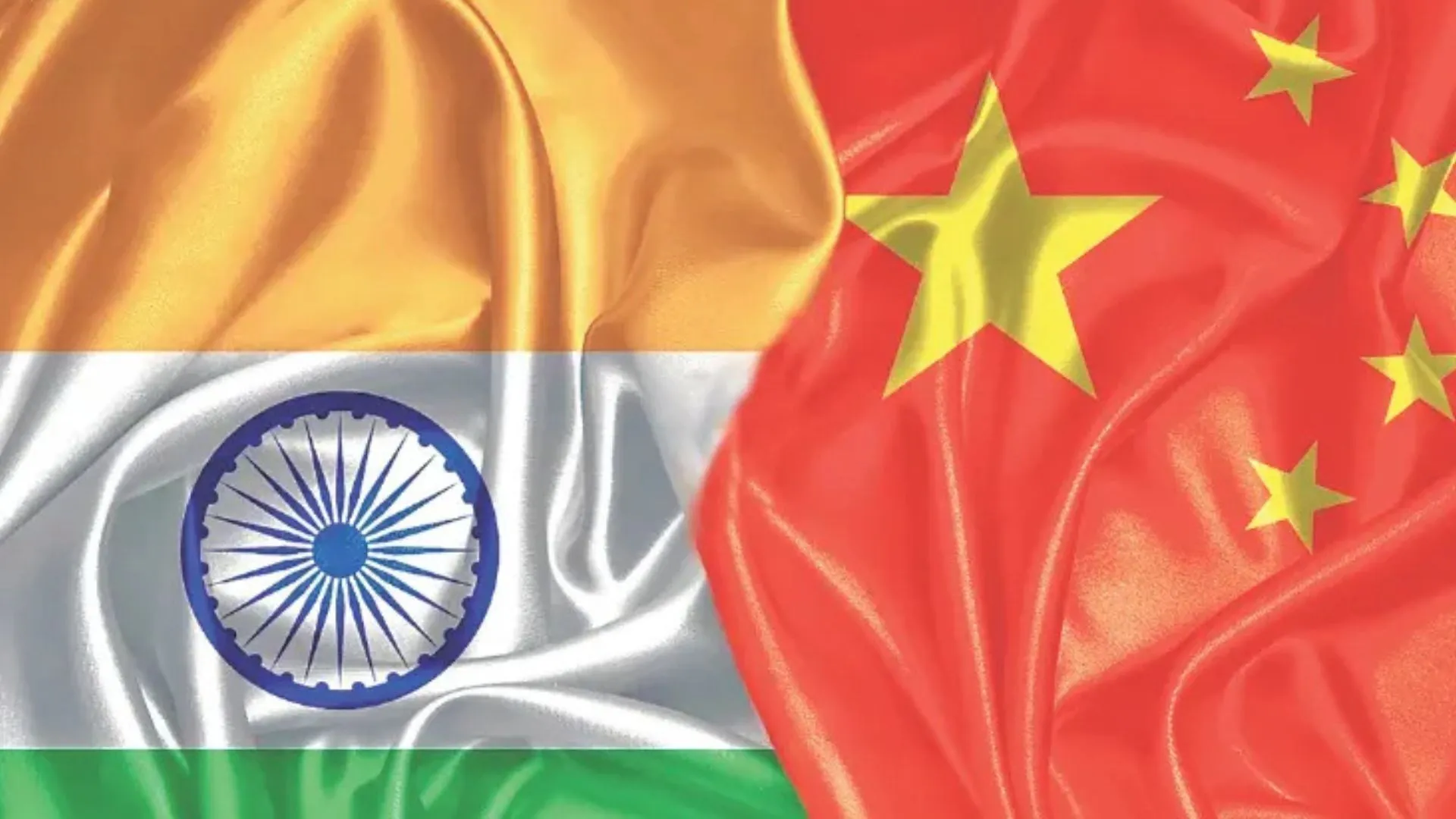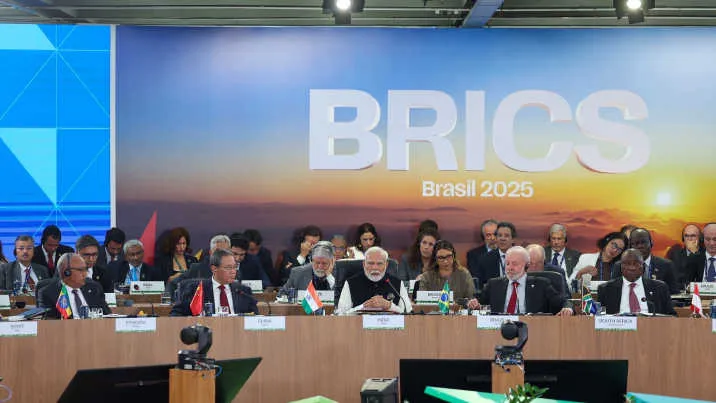China restrictive curbs on exports of strategic minerals have set the world into alarm mode, as automakers and technology companies worry about significant production dislocations. Beijing’s halt on exports of rare earth alloy and magnets has disrupted critical supply lines.
German, Indian, and American automakers have come together to appeal to US President Donald Trump to tackle the mounting crisis. China’s action highlights its preeminence in processing strategic minerals and coincides with escalating trade tensions with Washington.
China Suspends Exports, Causes Global Disturbance
China has suspended exports of rare earth compounds, alloys, and magnets since April. These are critical to constructing electric cars, drones, missiles, semiconductors, and many other things. Shipments are still stuck at Chinese ports as applications for licenses take months to pass.
The effects are already tangible. Car manufacturers across Europe and Asia warn they will shut down factories or face major delays by summer’s end without immediate support. “If things do not change rapidly, we cannot rule out production stoppages,” said Hildegard Mueller, head of Germany’s auto lobby.
Beijing Flexes Trade Muscle Amid Trump Tariff War
China’s export restrictions come at the same time as Trump’s belligerent trade policy. Having already placed tariffs of up to 145% on Chinese imports, Trump retreated in the face of market pressure. Nevertheless, China retaliated—using its leverage over key mineral exports.
Experts think China is trying to bring Trump to his knees by leveraging global supply chain interdependencies. Trump, in return, has alleged China to be breaching the Geneva trade accord. Trump and President Xi Jinping are due to meet soon, and the export embargo will be the top agenda item there.
Worldwide Scramble for Alternatives
Nations are now scrambling to find alternatives. India’s Bajaj Auto threatened that electric vehicle manufacturing will face “serious impact” if the ban is not lifted. Japan will dispatch a business delegation to Beijing next month to negotiate. European diplomats have also asked for “emergency” talks with Chinese envoys.
In America, a group of large automakers—led by General Motors, Toyota, Volkswagen, and Hyundai—sent a letter to the Trump administration. They cautioned that the absence of rare earth magnets will halt production of transmissions, throttle bodies, motors, seat belts, and cameras.
Strategic Wake-Up Call
Former American energy official Frank Fannon said the crisis was predictable. “We have a challenge of production,” he said. “The time horizon to obtain our own resources was yesterday.”
As the export freeze persists, the world auto and electronics industries now have difficult decisions to make. Either nations build domestic capacity or stay vulnerable to China’s dominant hold on a mineral supply chain powering contemporary industry.

